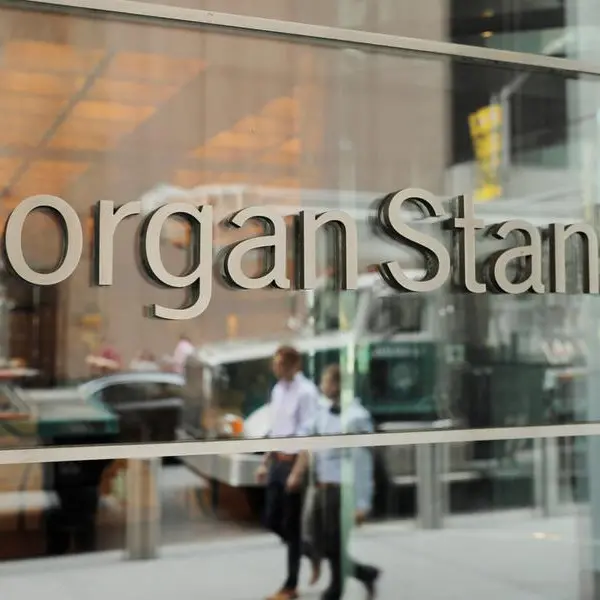PHOTO
As the dust settles on the economically tumultuous premiership of former UK Prime Minister Liz Truss, investors from the Middle East who use dollar-pegged currencies can avail a double whammy of advantages if they wish to invest in UK properties, experts say.
Interest rates have continued to rise in the UK amid spiralling inflation. The Bank of England’s base rate reached 3% this week after the largest single increase in more than three decades, and the bank has forecasted that the recession will last into mid-2024.
However, the strong dollar makes this an attractive time for Middle East investors using dollar-pegged currencies. Brokers report brisk interest from Gulf-based clients, with Barrett London noting, as a rising trend, that 40% of enquiries from UAE-based buyers looking at UK properties in the past six months have been from buyers seeking property to stay in while visiting children studying in the UK.
Dubai-based Chestertons also saw a 10% increase in buyers interested in London real estate compared with six months ago, with investors from the UAE, Saudi Arabia, Kuwait, Bahrain and Egypt making up the key markets.
Meanwhile, Savills Middle East reported a busy year for “super-prime” property purchases worth £5 million (AED 20.6 million) or more in London, with 461 sold so far this year, higher than any full year between 2015 and 2020. Additionally, the 160 purchases that took place in the third quarter alone represented a 33% increase compared to Q3 2021.
Suliman Al Aujan, Managing Partner at Urbium Capital, a pan-European real estate investment management firm that advises high-net-worth clients, family offices and corporations in the MENA region, said the pound itself is attractive and assets in the UK are fundamentally cheaper.
“The currency has devalued by around 16% this year in such a short period of time,” he said. “Because of recent capital value corrections and a weaker pound, it is very appealing for a dollar investor to enter the UK. That’s why investors from our region find the UK appealing; it’s a double whammy.”
He added that the higher cost of borrowing is not necessarily a disadvantage to clients in this market environment because they can acquire assets in cash and refinance once interest rates stabilise.
Post-“Trussonomics”
But how long will these conditions prevail? For Swiss investment bank and financial services company UBS, the arrival of former Chancellor Rishi Sunak at 10 Downing Street following Truss’s resignation will not see an end to political volatility in the UK, but the temperature should nonetheless cool significantly.
Tilman Kobl, CIO Emerging Markets Strategist, UBS Global Wealth Management, said: “[Sunak] is not popular with all wings of his party, and policymaking will become challenging once his honeymoon period is over. The risk of an early general election should not be dismissed.”
While markets reacted with a fall in gilt yields, and there was some recovery in the pound to $1.15 on Sunak’s arrival, these will do little to avert the economic slowdown, said Kolb. “Economic conditions speak for a weaker pound, in our view, once positive political news flow abates.”
In a recent report, UBS also reported “historically cheap” valuations in UK real estate following September’s slump in stock prices.
Looking ahead, UBS said it expects real estate earnings per share (EPS) to increase by 12.3% in 2022 and the growth to normalise to 7.3% in 2023 (excluding emerging markets), driven by improving rent collection rates, rental indexation and portfolio reshuffling but negatively impacted by higher financing costs.
“We think further value impairments in retail are still likely, while broad office fundamentals will remain fragile,” the report said.
A Limited Correction
In response to questions from Zawya, private bank and wealth manager Julius Baer said some form of correction in UK house prices seems likely given worsening affordability, but it could be limited given low supply and underlying housing needs.
“For international investors, higher yields combined with the weakening of the sterling now presents a more attractive buying opportunity. However, this needs to be weighed against higher borrowing costs that will crimp investment returns. The currency factor tends to be more of a driver for residential transactions, especially in London.”
Of luxury properties, often associated with Gulf-based buyers, Julius Baer said: “The demand for luxury assets is the least sensitive in almost all industries and is not as strongly correlated to the normal/medium segment. But that is in the microeconomic nature of things.”
(Reporting by Imogen Lillywhite; editing by Seban Scaria)





















